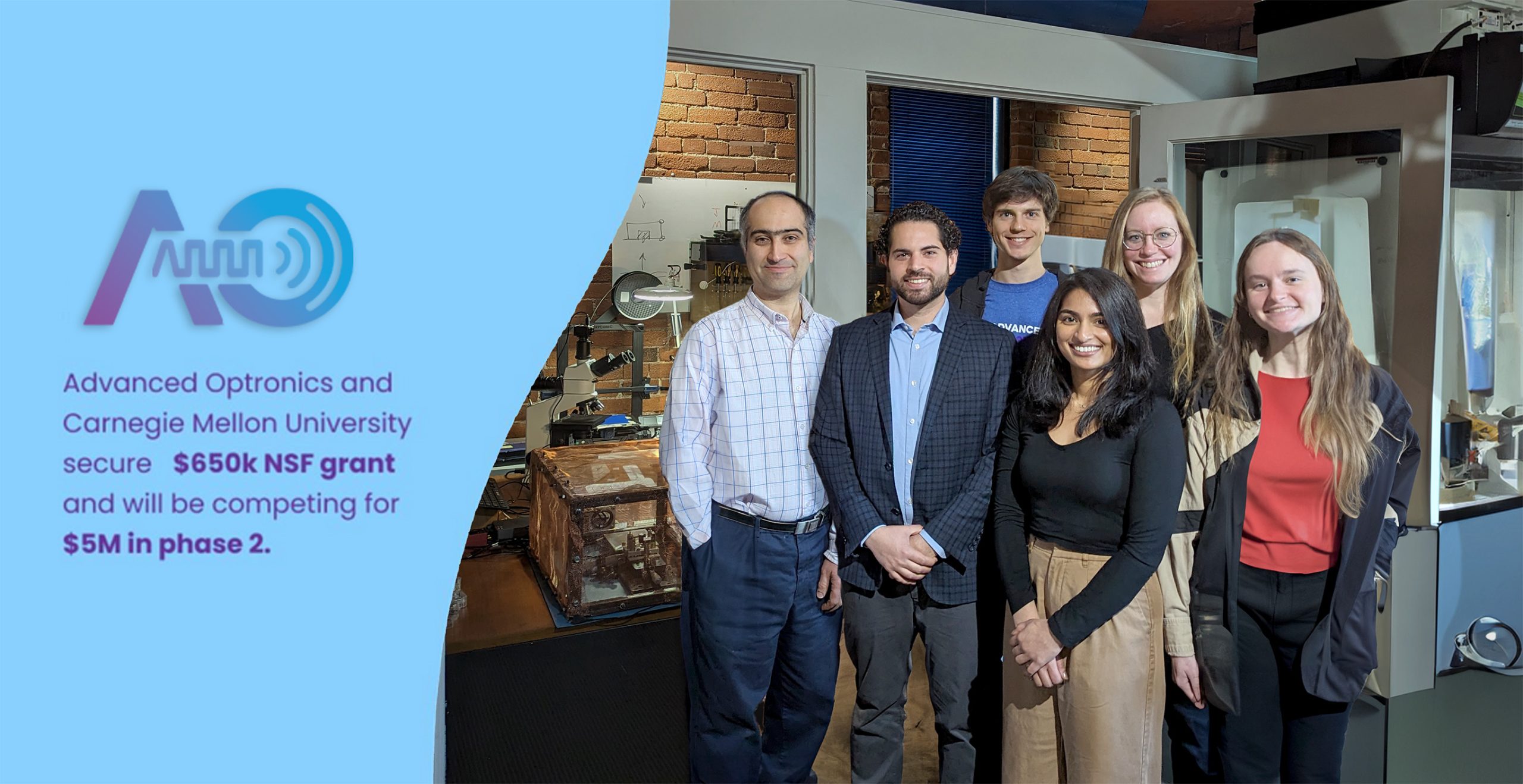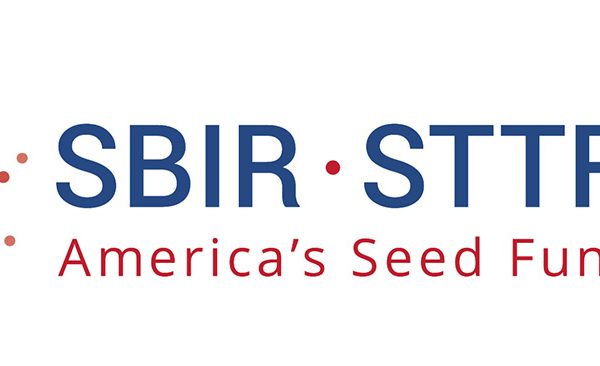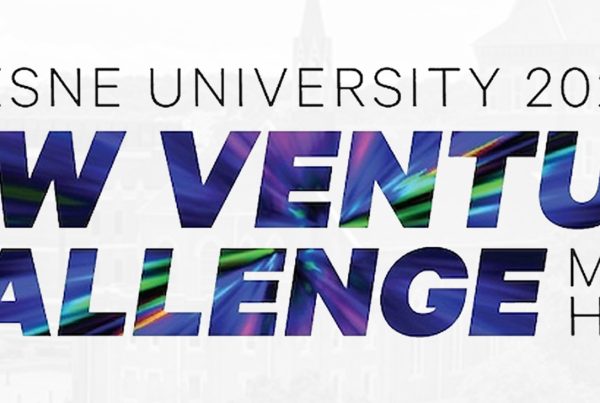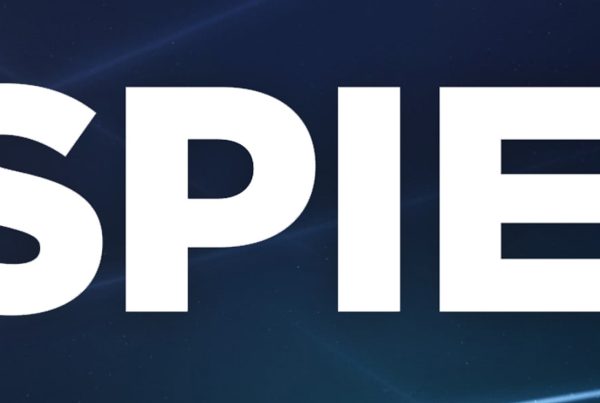NSF Convergence Accelerator program
$650,000 NSF Grant to Develop Bio-Inspired Medical Instruments
Awarded to Advanced Optronics and Carnegie Mellon University
Pittsburgh, PA Feb. 15, 2024 – Advanced Optronics Inc, a medical sensor technology startup, has been awarded a $650,000 National Science Foundation Convergence Accelerator Phase-I grant along with Carnegie Mellon University.
The convergence research will develop medical instruments that sense their own shape changes during complex surgeries to provide real time tactile feedback to surgeons. The team is using a bio-inspired approach, synthesizing data from distributed sensors to imbue flexible medical instruments such as catheters, endoscopes, and electrodes with senses of tactility and proprioception that surpass human abilities. Their initial focus is on cochlear implantation to address hearing loss.
The effort will be co-led by Dr. Jay Reddy, Ph.D., co-founder and CEO of Advanced Optronics; Dr. Maysam Chamanzar, Ph.D., co-founder of Advanced Optronics and the Dr. William D. and Nancy W. Strecker Career Development Associate Professor of Electrical and Computer Engineering at Carnegie Mellon University; Dr. Abraham Jacob, M.D., board-certified neurotologist and cochlear implant surgeon at the Center for Neurosciences; and Dr. Wenzhen Yuan, Ph.D., Assistant Professor in Computer Science at the University of Illinois Urbana-Champaign.
“A unique design feature of our approach is to combine microfabricated sensor arrays with machine learning, enabling us to recognize different surgical scenarios and complement the surgeon’s experience,” said Dr. Reddy. “This multidisciplinary effort leverages the incredible depth and breadth of expertise that we have brought to bear on these problems”
The NSF Convergence Accelerator program focuses on supporting use-inspired and team-based multidisciplinary research to translate solutions from the lab to real-world benefit. The Advanced Optronics team will compete with 15 other teams from around the country to receive $5 million follow-on Phase-II grants to achieve clinical validation and commercialization within 3 years.
Advanced Optronics’ current work builds upon promising preliminary results developed via UPMC-Enterprises funded research at Carnegie Mellon University, which the startup has since refined into working prototypes. The team’s micro-scale sensors enable revolutionary data collection without increasing the size or complexity of existing surgical devices or modifying the surgeon’s workflow. The additional real-time tactile information dramatically augments surgeons’ subjective abilities to help them navigate and manipulate medical devices in delicate anatomy.
“Building on multi-modal microfabricated implantable devices developed in my lab in Carnegie Mellon University’s Department of Electrical and Computer Engineering, we aim to develop thin-film distributed sensor systems to revolutionize minimally-invasive surgical procedures by relaying enhanced tactile information to surgeons from the implant,” added Dr. Chamanzar. “I’m excited to work alongside this multidisciplinary team to drive this research towards clinical practice.”
Advanced Optronics was founded in 2021 to commercialize sensor technology developed by the co-founders in Carnegie Mellon University’s College of Engineering. Advanced Optronic’s micro-scale sensors enable real-time AI guidance for surgeons to increase their success rates and reduce expensive complications in delicate procedures, starting with cochlear implantation. For more information, email info@advancedoptronics.com

Pictured: Carnegie Mellon University and Advanced Optronics Team. From left to right: Maysam Chamanzar (CMU, AO), Jay Reddy (AO), Harry Rosmann (AO), Nikhila Simhadri (AO), Hannah Mormer (AO), Rachel Maniet (AO).


